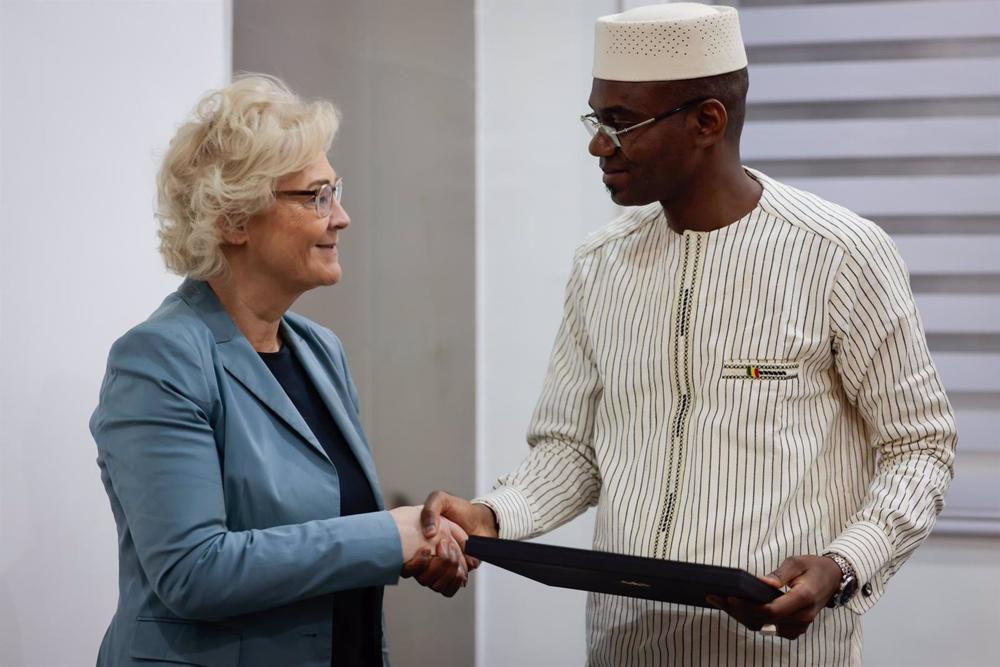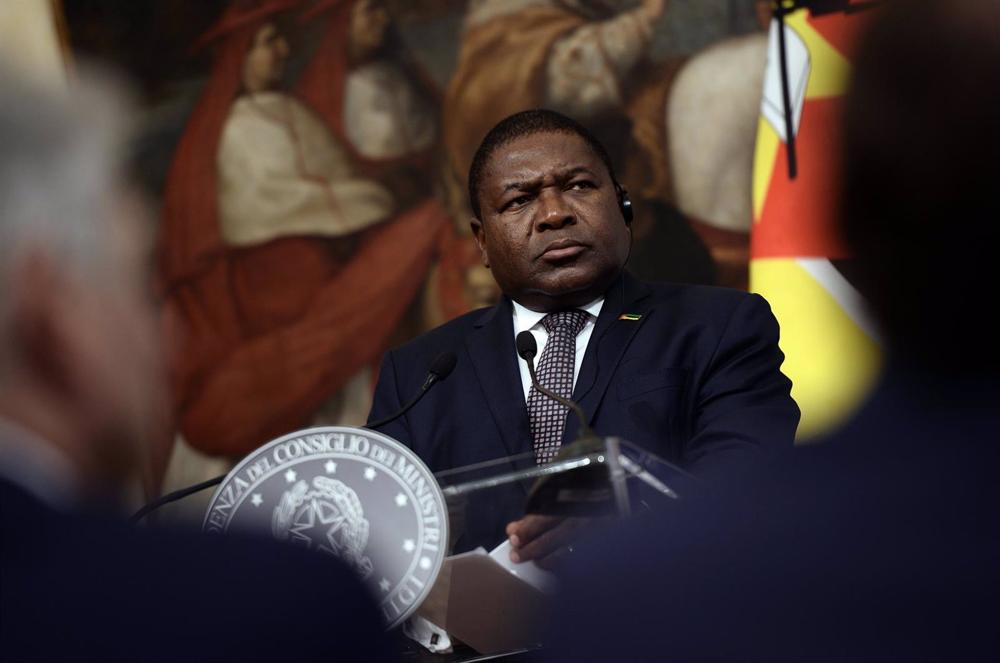
Germany’s Defense Minister Christine Lambrecht said Thursday that her country is coordinating its commitment with Mali’s political representatives and the United Nations to create «the best conditions» for the Sahel country to transition to democracy «in a secure manner».
This is what Lambrecht said during his visit to Mali, during which he met with the Malian Minister of Defense, Sadio Camara, with whom he stressed the importance of Germany remaining in the country until May 2024, when the transitional process should end.
However, he recalled that Germany’s presence in Mali «is subject to conditions» including the deployment of all military capabilities in relation to drone flights and reconnaissance rounds of the United Nations Multidimensional Integrated Stabilization Mission in Mali (MINUSMA).
He has also made German support to the African country conditional on the continuation of the path towards elections in February 2024 and that they are not postponed again, as well as being «credible».
This is the minister’s first trip to Mali since Germany’s decision to withdraw its blue helmets as of next summer. Germany currently has some 1,200 Bundeswehr military personnel deployed in Mali as part of the aforementioned mission.
However, in recent months there have been repeated disputes between the Malian government, which came to power in a military coup in August 2020, and MINUSMA, including Bamako’s denial of flight permissions to military aircraft and the Heron reconnaissance drone operated by German troops.
These tensions, coupled with criticism of the presence in Mali of mercenaries from the Wagner Group, owned by an oligarch close to Russian President Vladimir Putin, led Berlin to announce its decision on a phased withdrawal of its military from MINUSMA by May 2024.
The leader of the Malian military junta, Assimi Goita, called in early December for «a change of strategy» of MINUSMA and «better coordination» with the army in carrying out its operations in order to «orient itself towards the protection of the populations».






